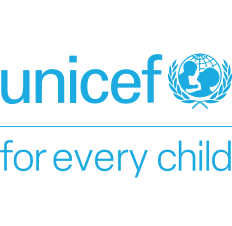
What does quality teach us?
Author: Sara Fetic Mujagic, Quality Management Associate, Montenomaks
Quality – in the corporate sense is very well defined, often inflexible, a bit dull, but highly important for business. What does it teach us?
Conditions that need to be met, so that the company maintains the level required by the market at all times. Quality ensures that what we produce is useful, efficient, healthy and safe. It saves our time, money and energy. It enables us to be recognized as a company that provides added value to our product and service users, and as a company that is constantly working on improvement.
However, if we study the principles of quality in more detail, we will realize that we can also easily implement them for the needs of our personal growth and development – with guaranteed success.
I present to you the PDCA cycle, a model that shows the basis of quality in four phases, through which each process will be realized with minimum risk and maximum effectiveness:
- Plan – A good plan is half the work that has to be done, experts say. If we really dedicate ourselves to thorough planning of an activity or process, the chances of its success increase rapidly. On the contrary, leaving things to chance, even trivial ones, leads to uncertainty and waste of time, and causes us unnecessary stress.
- Do – When we have everything planned, it’s time to take action. Starting an action increases motivation, and it is also the only known way to create the conditions for anything to get done. A small step, bit by bit, movement is crucial.
- Check – After starting the action, procedure analysis is something that will significantly reduce the chances of making mistakes, increase the feeling of control over the procedures and create opportunities for improvement. Just the awareness of something can often be enough to solve or get rid of problems that unnecessarily burden us.
- Act – Acting or improvement, although it comes last, is equally important. It provides strength and willpower for further struggle and progress. It represents the phase when we know exactly what needs to be done next time, so that the results will be perfect, if they are not already. If they are perfect, it indicates our readiness to move on to more complex tasks. In short, the reward of experience.
From all of the above, we can see that quality principles are not strictly a matter of corporate processes: standards, checks, procedures and rules. Quality is much more than that, it is a way of thinking and acting. The step and extra stride that separates excellent from good. We have witnessed this for 30 years in the Nelt Group, as the company which is the best representative of quality in the Western Balkans.
Therefore, let’s adopt what quality teaches us, for the purpose of your personal development, share this with the people you care about and give your contribution so that excellence which quality brings becomes part of the entire social community.
